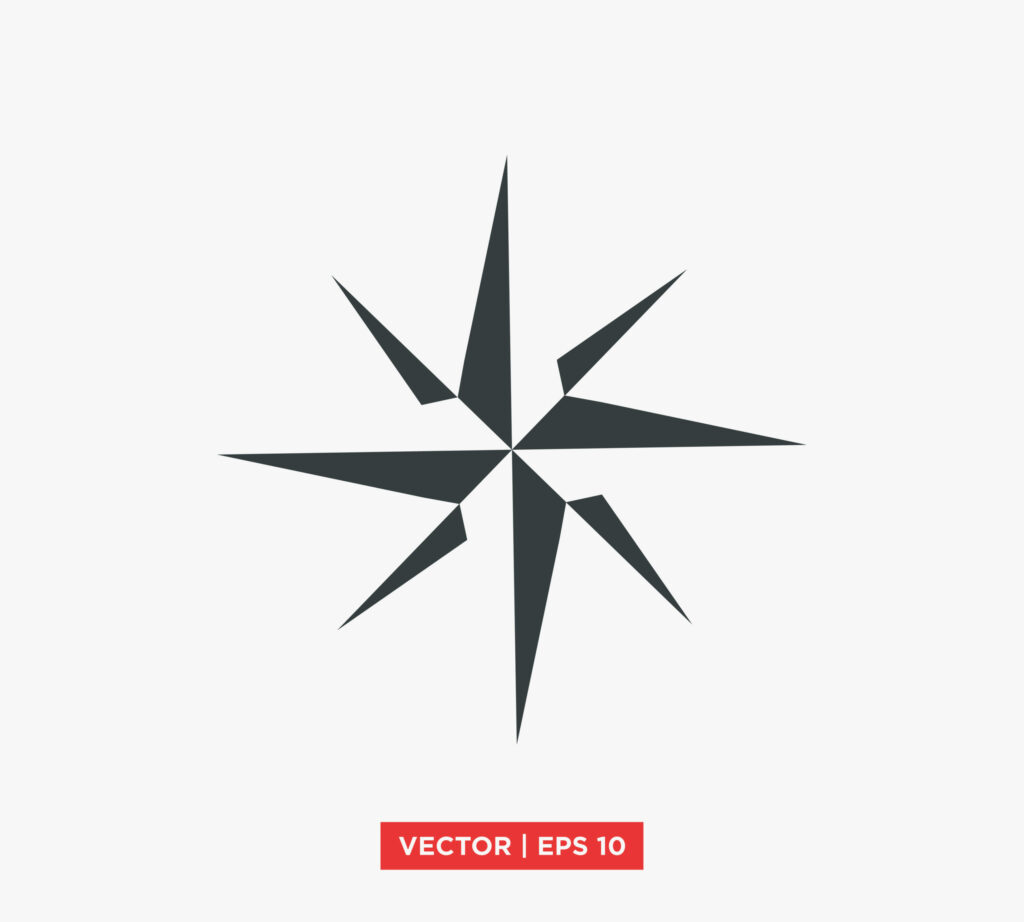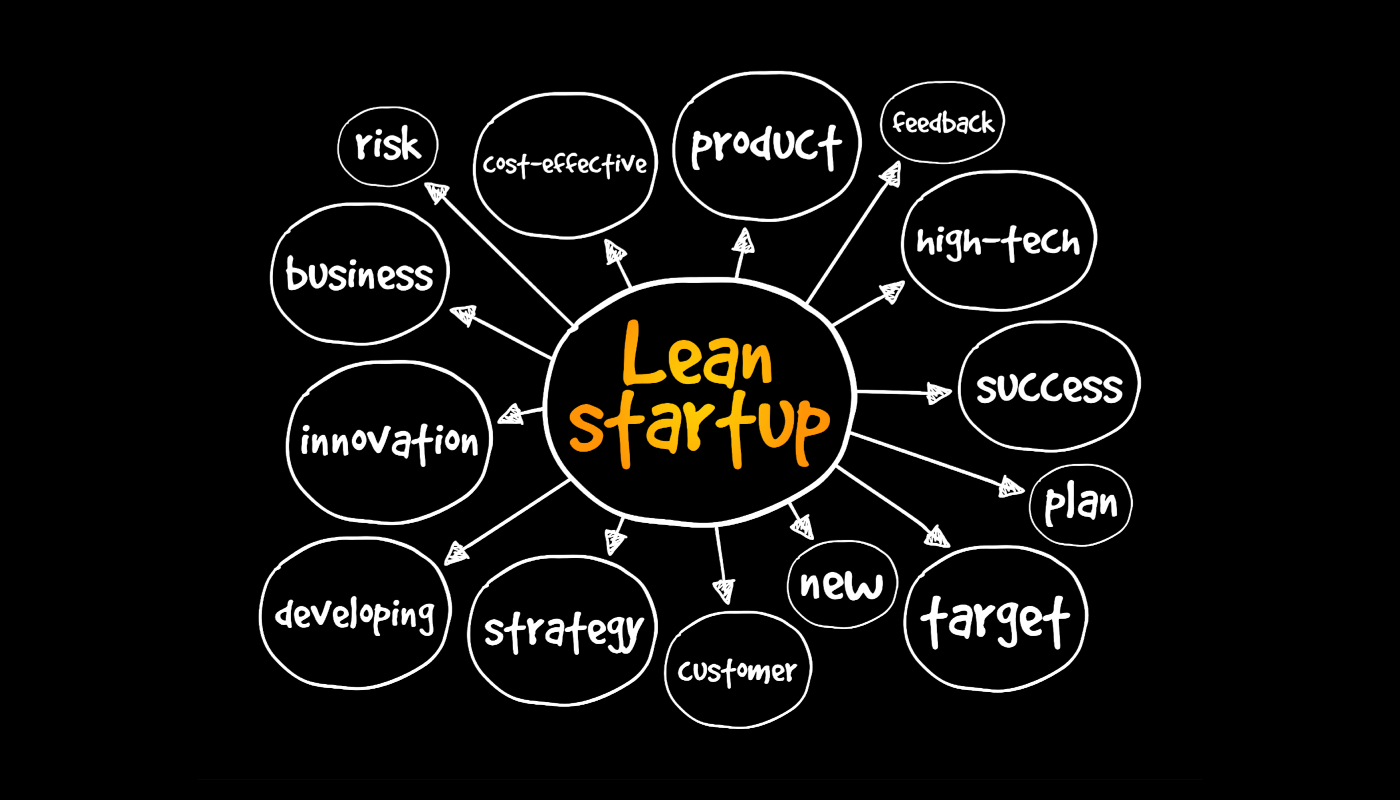In today’s fast-paced startup environment, having a clear roadmap that allows for quick adjustments is invaluable. Enter the world of Lean Innovation – a methodology critical for business development and advancement. Here, insights from the ‘Lean Startup’ approach blend with ‘Lean Thinking,’ offering a streamlined strategy to craft sustainable business models. Central to this approach is the Lean Canvas, a tool designed to capture your business idea succinctly, yet comprehensively.
You might ask, what makes the ‘Lean Canvas template’ stand out, and why is it a go-to tool widely used among today’s entrepreneurs?
Let’s explore.
So what is Lean Innovation?

Before we explore Lean Canvas, it’s important to understand the foundation of its framework – and that is Lean Innovation. Lean Innovation draws inspiration from the Lean Startup methodology, a brainchild of Eric Ries. Its essence is minimizing waste, whether that’s time, effort, or other resources during the innovation journey. Rather than diving into the market with extensive preparation, Lean Innovation promotes a cyclical approach: create a foundational version of your concept, test its real-world performance, refine it based on feedback, and then repeat.
This cycle epitomizes ‘Lean Thinking,’ ensuring that every step is deliberate and data-driven, thus empowering better decision-making.
The Core of the Lean Startup Approach
At the heart of Lean Innovation is the Lean Startup philosophy. Moving away from extended and often costly development cycles, Lean Startup methodology advocates for rapid product iterations. This approach is rooted in continuous conversations with customers and agile development practices. The primary objective? To better understand customer problems and desires while prioritizing their needs over our core assumptions.
What is the Essence of Lean Thinking?
So, where does Lean Thinking fit into all this? Stemming from the manufacturing sector, it’s a philosophy that zeroes in on waste reduction and enhancing efficiency. In a business context, it’s centered on recognizing customer value and channeling all resources toward delivering this value in the most streamlined manner. For startups, this translates to devising products or services that address genuine customer needs devoid of superfluous additions.
Crafting a Lean Business Model
With all of this, the ultimate goal is to build a Lean Business Model, one that’s adaptive, customer-focused, and validated against real data and feedback. It’s also about understanding that the market is fluid. Assumptions need validation, hypotheses require testing, and the business model must be malleable enough to evolve based on these insights.
Read More: Tackling Small Business Struggles
Understanding the Lean Canvas Template
Now, to the star of the show – the Lean Canvas template. Designed by Ash Maurya, it’s an adaptation of Alexander Osterwalder’s Business Model Canvas. The Lean Canvas is more than a static document; it’s viewed as a dynamic tool that breaks down business ideas into nine distinct segments, from the problem you’re solving to your revenue streams. Most importantly, it’s concise, clear, and focused squarely on what matters, making it an entrepreneur’s dream tool.
The beauty of the Lean Canvas is its simplicity. It provides a visual representation of your business concept that is digestible. It’s a one-page blueprint that ensures you capture the essence of your business model without getting bogged down in unnecessary details. It also promotes transparency and collaboration with stakeholders, by creating a shared understanding of the problem you’re trying to solve. Furthermore, this representation of your shared vision helps foster effective communication, ensuring that everyone involved works toward a cohesive, common goal.
The Evolving Power of the Lean Canvas: Navigating the Startup Journey

navigation guide.
Let’s talk about the fluidity of the Lean Canvas. The tool that evolves alongside you on your startup journey. As founders gather real-world data, customer feedback, and market insights, they revisit and refine their canvas template. This iterative process ensures that your business model aligns with the ever-changing landscape and customer demands. It empowers founders to pivot when necessary, explore new revenue streams, or even expand into untapped markets. The canvas template becomes your compass, not just for the initial stages of your startup, but throughout its growth and maturity.
For startups especially where agility is key, this tool is indispensable. All in all, the Lean Canvas serves multiple purposes, serving as a communication tool that helps align key objectives and drive your startup towards success.
Beyond Startups: How can Companies Universally Apply the Lean Canvas?
While Lean Canvas has found its natural home within the startup ecosystem, its principles and methodology can be applied far beyond the confines of new ventures. Established businesses seeking to incorporate innovation practices into their existing business models, launch new products or services, and/or diversify their customer segments can benefit immensely from adopting the Lean Canvas approach.
This template offers a structured and data-driven way to explore new opportunities and adapt to changing market dynamics. Even in large corporations, the Lean Canvas can serve as a catalyst for adaptability, thus fostering a culture of innovation. Its simplicity, effectiveness, and versatility make it a valuable tool for any organization aspiring to remain competitive and responsive in an ever-changing business landscape.
Final Thoughts: Is the Lean Canvas Model the Key to Revolutionizing Business Development?

In today’s fast-paced and ever-changing entrepreneurial landscape, the Lean Canvas stands as a guiding light for efficiency, adaptability, and clarity. Rooted in Lean Innovation, Lean Startup principles, and Lean Thinking, it empowers startups to create customer-centric, validated business models that can weather the storms of uncertainty.
So, as you embark on your entrepreneurial journey, remember that it’s not about adhering to a fixed plan but having a flexible strategy. The Lean Canvas equips you with the tools to navigate the intricacy of the startup world, helping you validate ideas quickly, make informed decisions, and adjust your course as needed. With the Lean Canvas as your guiding star, your entrepreneurial journey becomes purposeful.
By adopting a lean business model, startups can navigate the choppy waters of entrepreneurship, validating ideas quickly and pivoting when necessary. So, as you embark on your entrepreneurial journey, remember: it’s not about having a fixed roadmap, but about having a compass. The Lean Canvas is your tool for ensuring that you’re continuously pointed in the right direction.
Explore More About Lean Startup Philosophy At Leantime, we’re passionate about helping you navigate the world of entrepreneurship and innovation through the lens of the Lean Startup Philosophy.
If you’ve found this article intriguing and insightful, you’ll definitely want to check out these recommended reads to dive even deeper into the world of Lean Startup:






